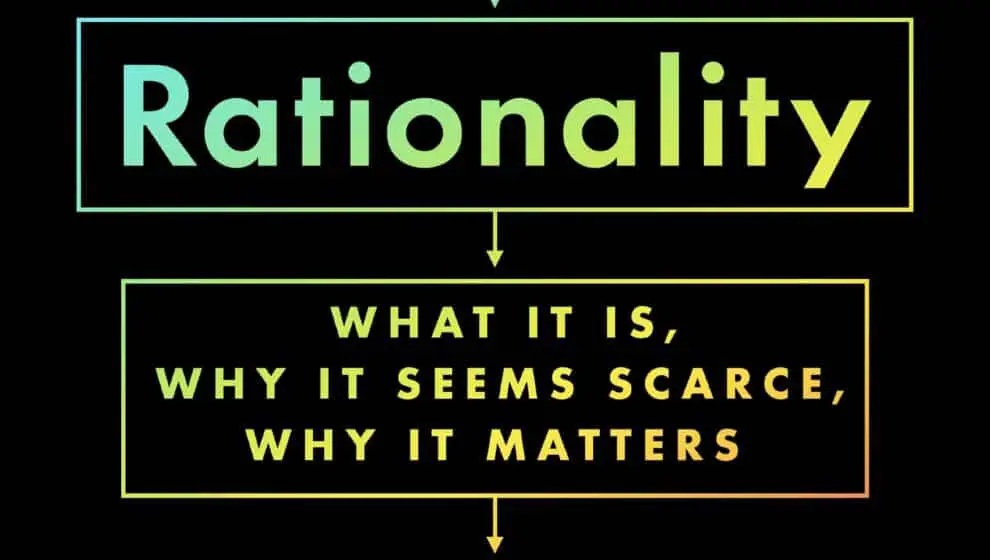Harvard Psychology professor Steven Pinker has released his new book discussing how humans can often be irrational—believing in conspiracy theories and being duped by fake news.
Key Details
- As a professor of psychology, Pinker answers one of the most frustrating questions about humanity: why are there so many irrational people in the world?
- In Rationality: What Is Is, Why It Seems Scarce, and Why It Matters, Pinker dives into this question, looking at how humanity can go from discovering the laws of nature to fully embracing conspiracy theories.
- Pinker argues that rationality is necessary to drive societal change and promote moral growth in a culture.
Why it’s news
Pinker refuses to accept the premise that humans are irrational creatures by nature. Humans as a whole have made great discoveries and advances that all required rational thought, including establishing the guidelines for rationality.
Philosophers and thinkers of the past have developed tools for rational thought such as critical thinking and correlation and causation. Yet, individuals often fail to use these tools in everyday life.
Pinker argues that the reason for this is a lack of education about these tools. His book aims to be an entertaining and educational book on these ideas.
In the book, Pinker uses examples such as the San of the Kalahari Desert. As one of the oldest people groups, the San have survived in the desert for generations. Though they don’t have the same type of education or technology many today possess, they still exhibit rational thought in their hunting practices.
Later Pinker uses the example of seemingly simple word problems that many university students answered incorrectly. Though the word problems were not difficult, students were distracted by inconsequential elements of the problem.
In addition to Rationality, Pinker has also written The Stuff of Thought, The Better Angels of Our Nature, The Blank Slate, and The Sense of Style.
Rationality was published by Penguin Books.

